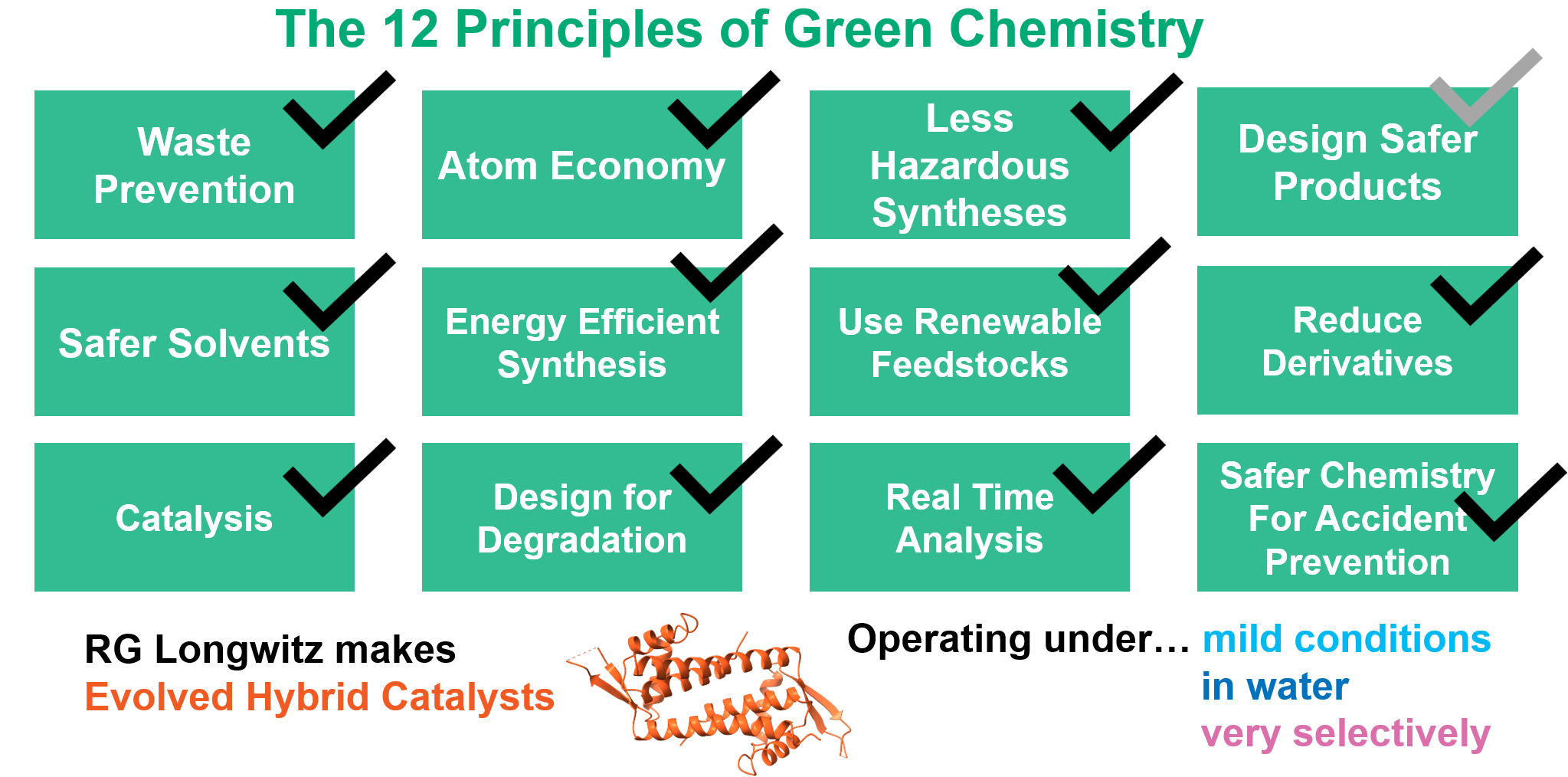Sustainability
Research Group Dr. Lars Longwitz
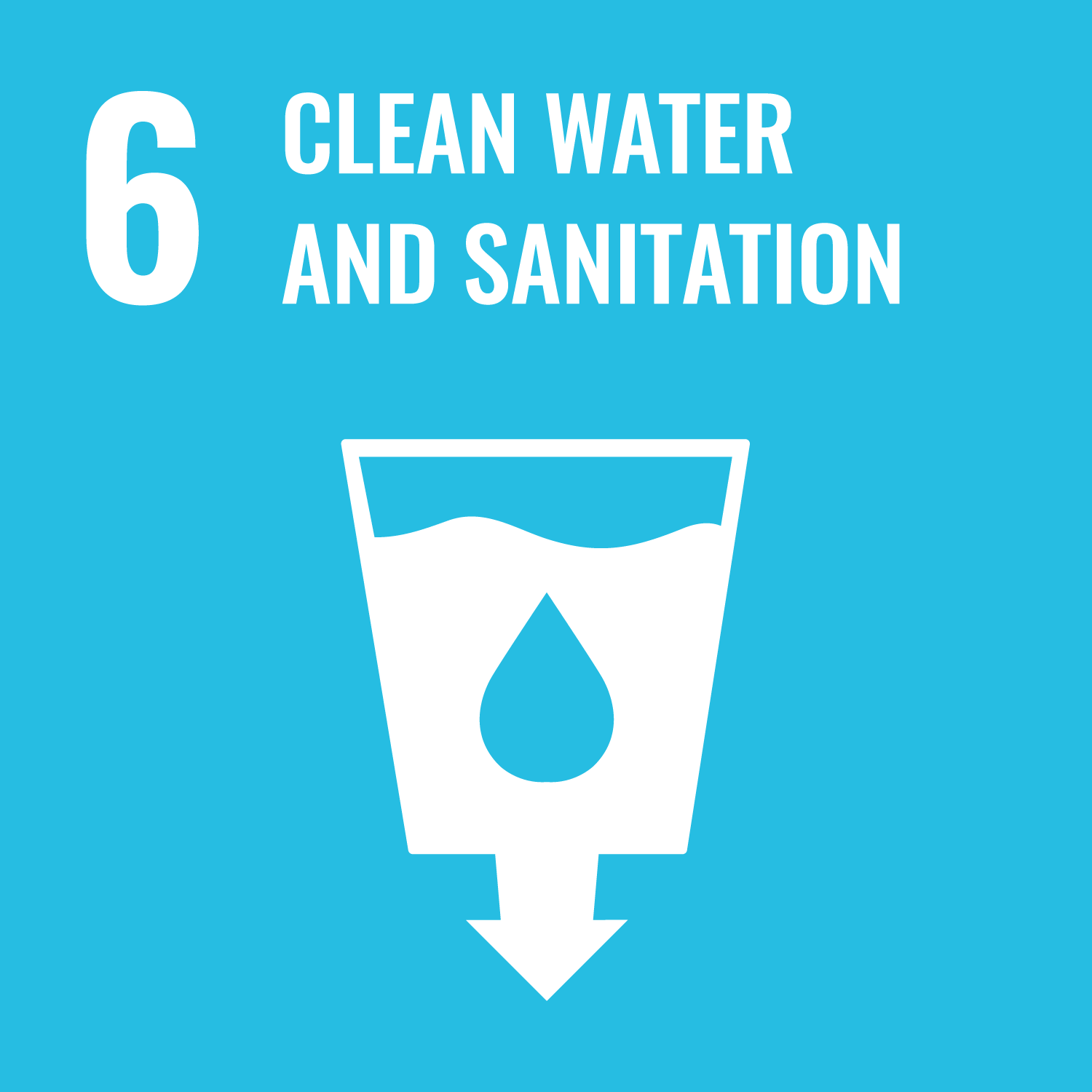
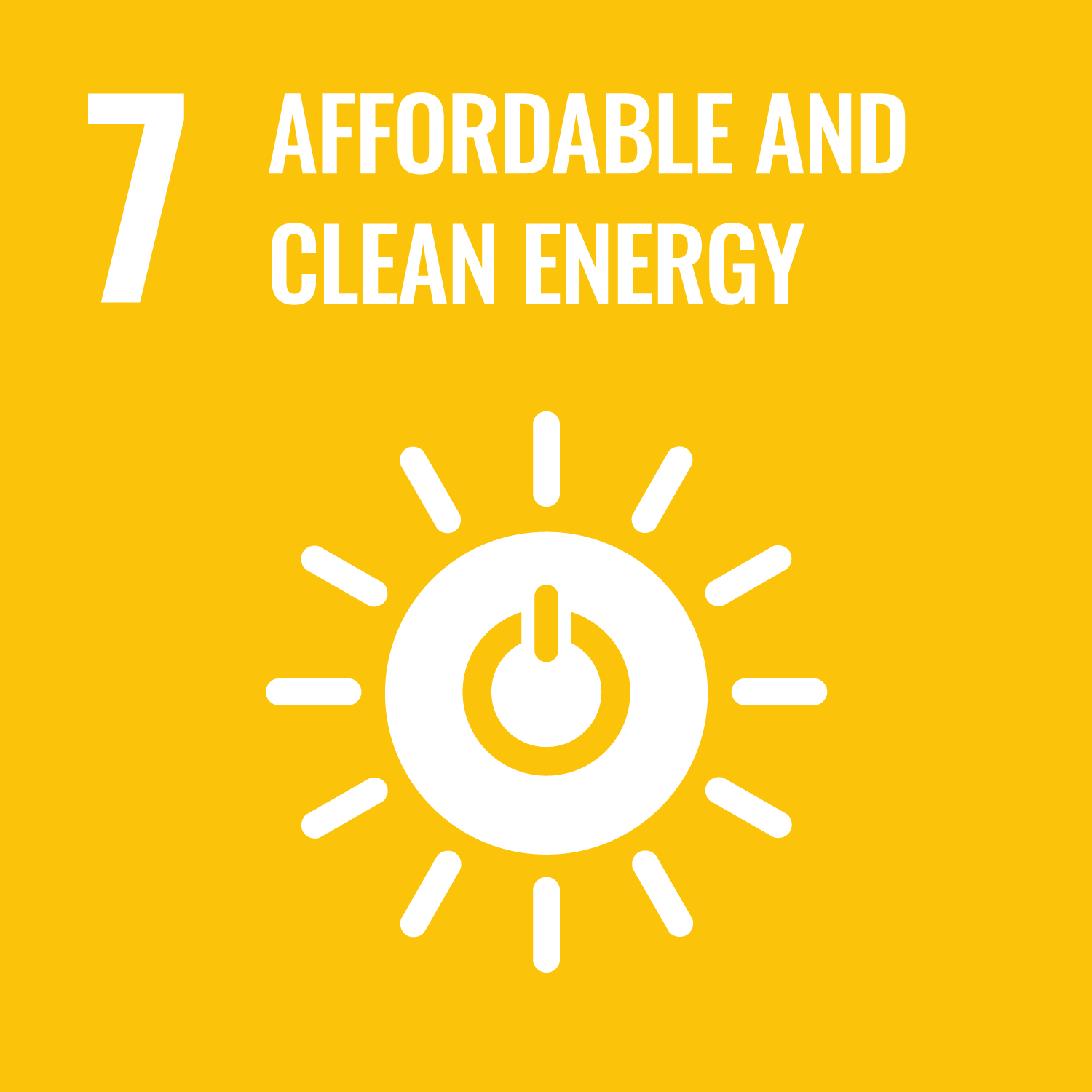
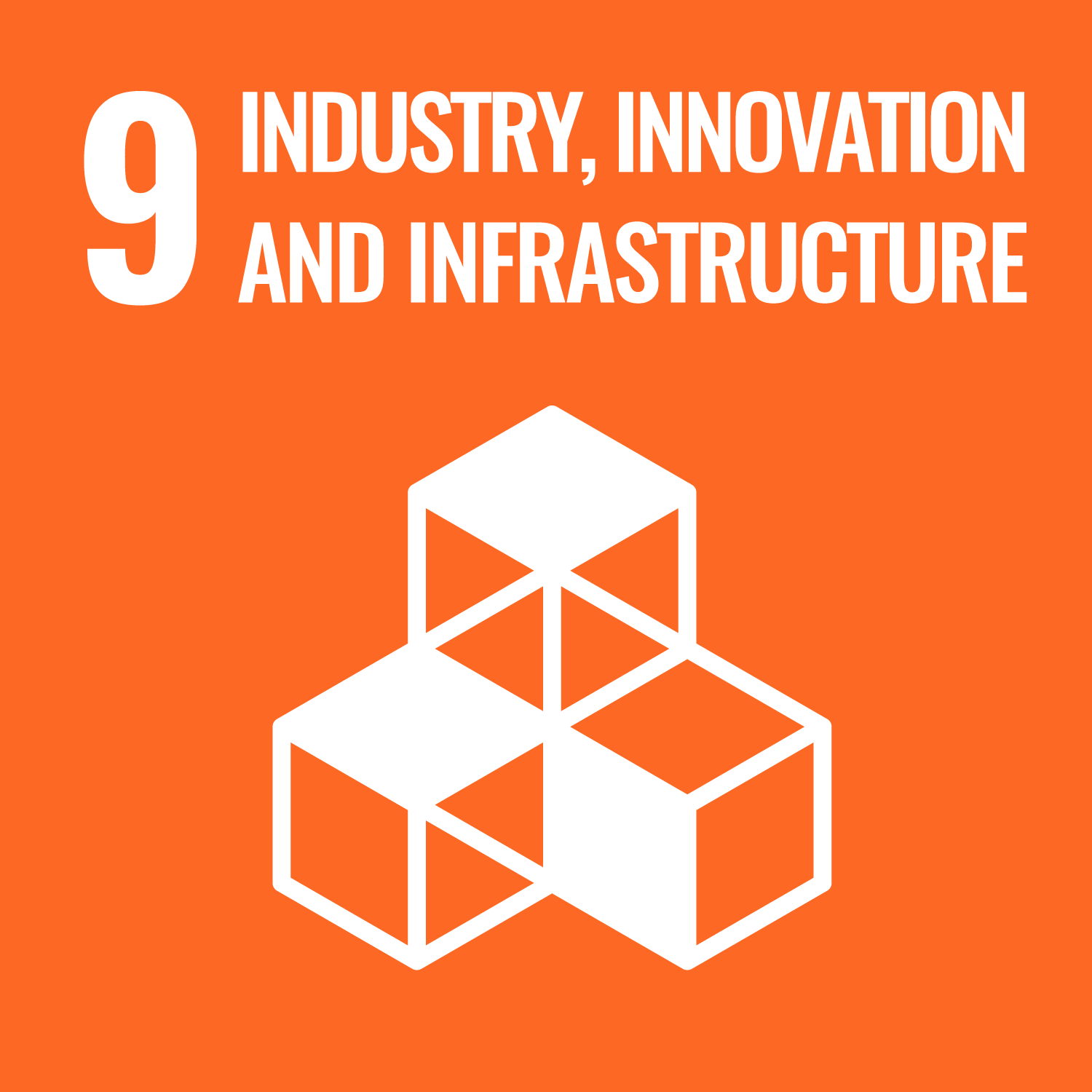
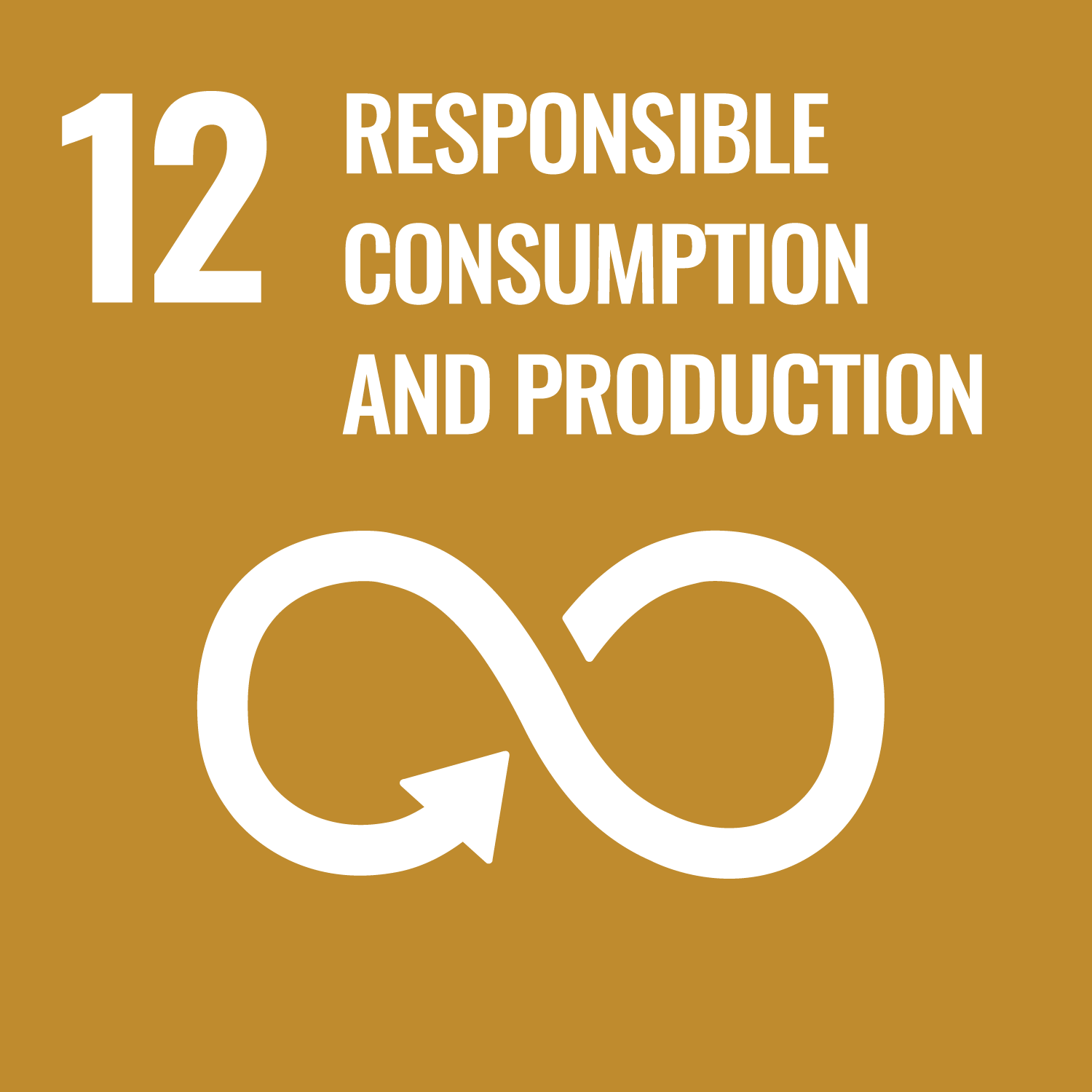

The Longwitz Research Group is investigating new catalysts in the field of organic and bioorganic chemistry. Catalysts are extremely relevant for sustainability: they are found in many areas of our daily life. Catalysts minimize the emissions of environmentally harmful nitrogen oxides in every (non-electric) car; they are responsible for the efficient purification of groundwater, and they are also the focus of the chemical industry. On average, chemical catalysis is involved in the production of roughly 90% of all chemicals. The Longwitz Research Group is now focused on developing better catalysts. "Better" in this sense can mean many things: replacing rare, noble metals (gold, platinum, palladium) with more abundant metals (iron, cobalt, nickel). But better catalysts can often carry out reactions at lower temperatures – which saves energy.
In the Longwitz Research Group, we draw inspiration from nature: from enzymes, the catalysts that have been perfected through millions of years of optimization through evolution. The Longwitz group's current research focus is on the design and synthesis of hybrid catalysts that enable chemically relevant processes but are structured like enzymes and can thus be improved through evolution. In most cases, such biocatalysts fulfill all 12 principles of green chemistry, e.g., processes are carried out in water and not in harmful organic solvents. RG Longwitz are also particularly interested in establishing a circular economy, and is researching the degradation and recycling of plastics.
